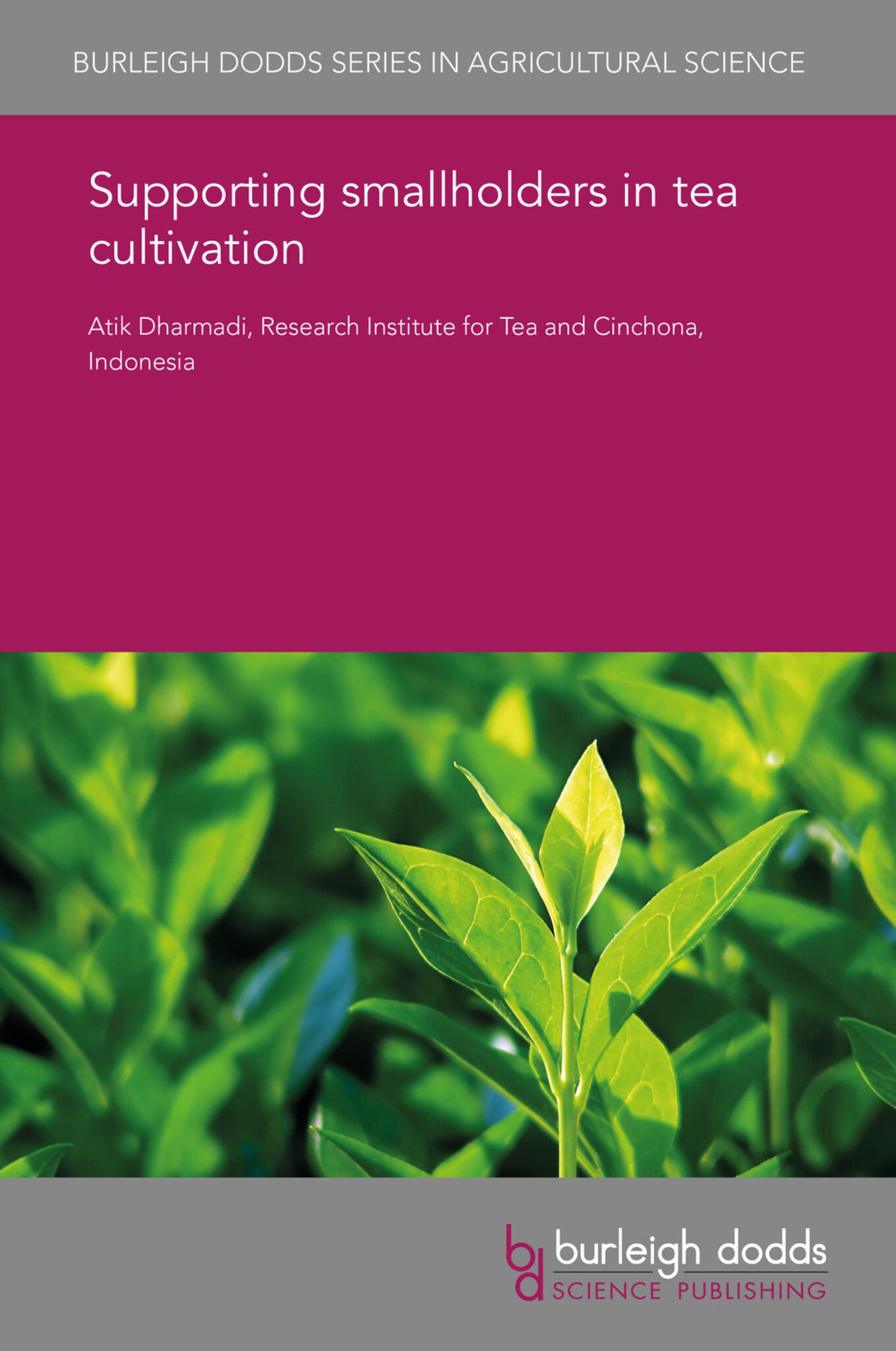We're sorry. An error has occurred
Please cancel or retry.
Supporting smallholders in tea cultivation

Some error occured while loading the Quick View. Please close the Quick View and try reloading the page.
Couldn't load pickup availability
- Format:
-
19 February 2018


TECHNOLOGY & ENGINEERING / Agriculture / Sustainable Agriculture, Agronomy and crop production, TECHNOLOGY & ENGINEERING / Agriculture / Tropical Agriculture, TECHNOLOGY & ENGINEERING / Agriculture / Agronomy / General, Sustainable agriculture, Smallholdings, Tropical agriculture

1 Introduction 2 Smallholders and their role in tea cultivation 3 Problems facing smallholders 4 Disseminating good agricultural practices and improving market knowledge 5 Organizing smallholders to improve their position in the market 6 Case studies: Kenya and Sri Lanka 7 Conclusions 8 References



